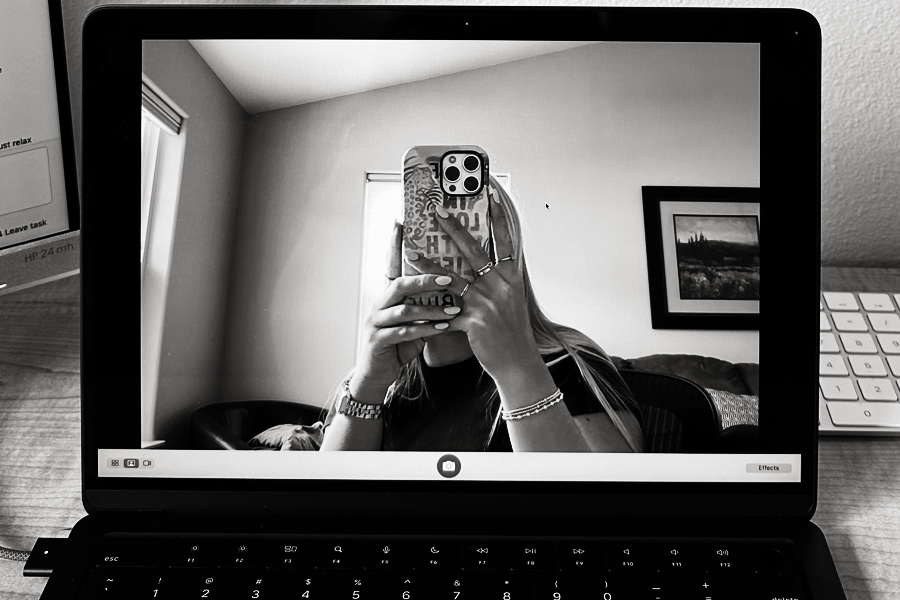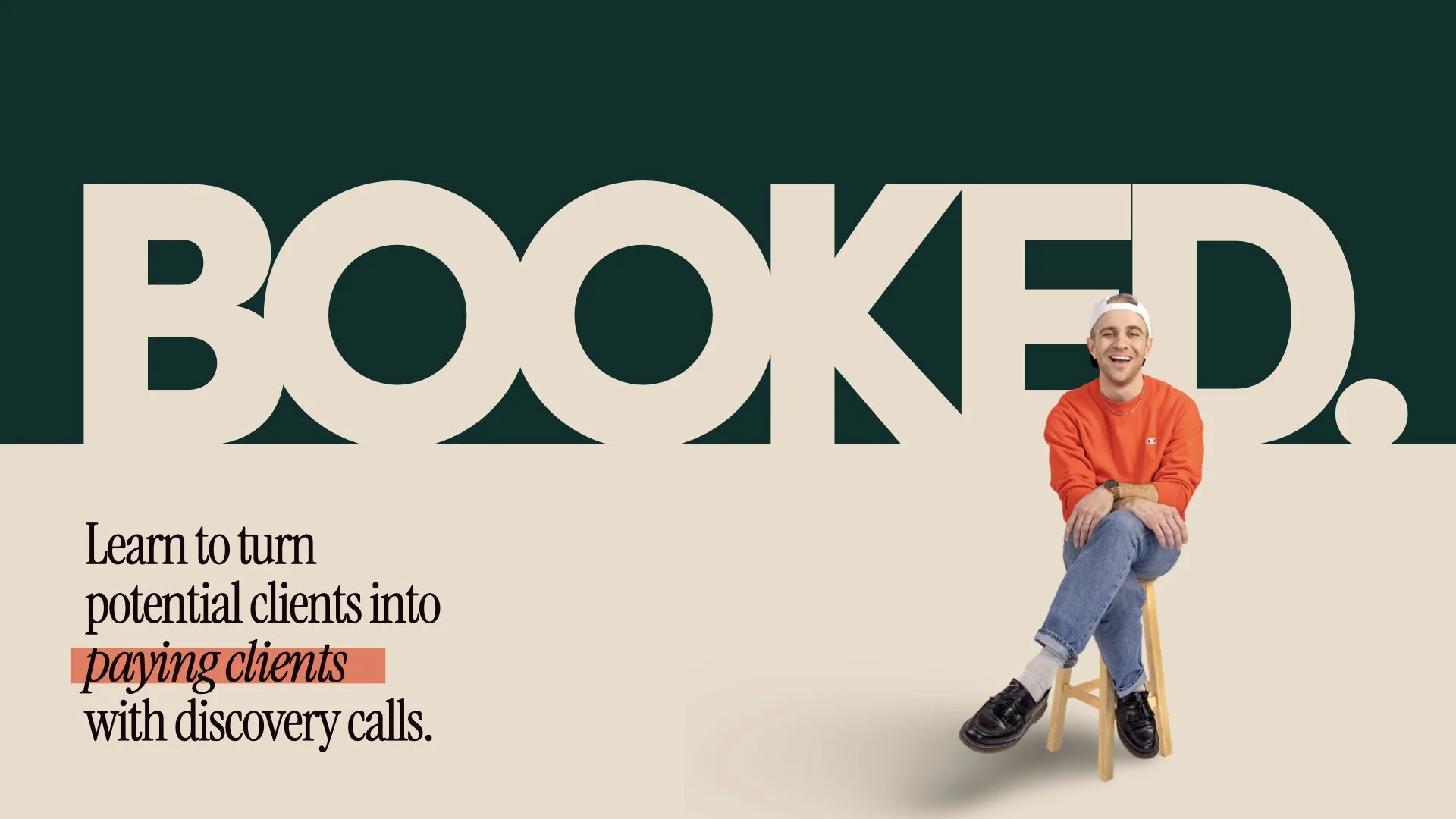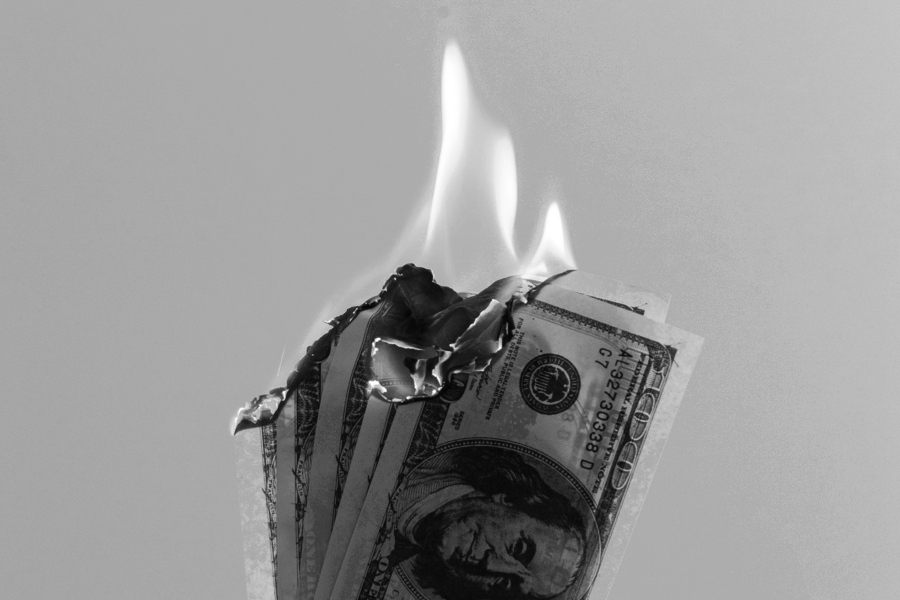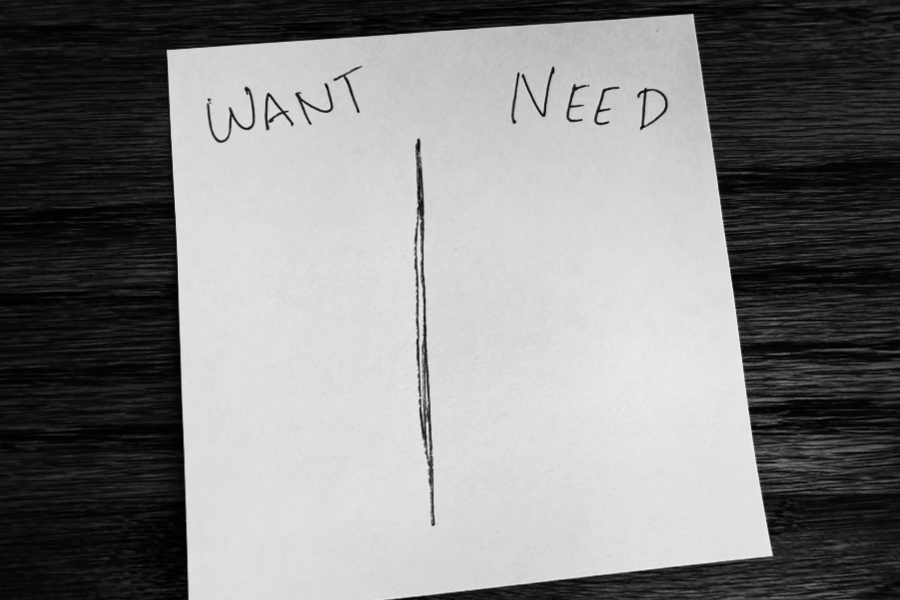Nothing counts unless you send the emails
This is something I told myself today as I’ve been working on a new cold outreach funnel.
The straw that broke out my credit card
After ten months of reading and quoting Blair Enns, I still hadn’t purchased his book. This morning, I bought it. What changed?
Super-charged
This is a super-charged version of the content in my free course BOOKED, so I’ll be taking your questions live.
If your business is unprofitable, shut it down
If your business isn’t profitable then you should just go get a regular job.
These clients are ready to hire you (and those ones aren’t)
Tire-kickers get on calls, ask for quotes, try to have “brainstorm sessions,” or ask to grab a bite. But they don’t book us. On the other hand, when we encounter clients who have an immediate need, they’re all business.
I launched a free course
Here’s the tagline: “Learn to turn potential clients into paying clients with discovery calls.”
A ritual of outreach
When try to automate outreach and client conversations, we end up with less impact.
Stop putting your CEO in your ads
“Unless the CEO is unusually unpretentious and personable, his or her appearance in an ad may look like a grab for the customer’s money.”
Half your effort is wasted
“Half the money I spend on advertising is wasted; the trouble is I don't know which half."
Delayed timeline clause
Instead of your project being a neat and tidy two-week turnaround, it extends into a third, fourth, and fifth week.
Tough questions
Tough questions aren’t fun to slog through while you’re in the dreaming phase—but they’ll save you hundreds of wasted hours and wasted dollars.
What if I overpay?
A shrewd business person might wonder why I don’t ask for their rates first, so I can get the best deal. “What if you overpay?” they wonder
Your wants vs your client’s needs
As creative people, we see our client’s content and we imagine all the ways it could be better or more innovative. So we pitch these big ideas, full of possibility and risk, then wonder why these clients don’t hire us.
How to sell creative strategy to your clients easier
“Selling a diagnostic logically increases your odds of success” Enns says. “It’s easier for the client to commit to the briefer, less expensive diagnostic than it is to fully commit to the longer, more expensive project.”
What if you never catch your big break?
What if dreaming about getting rich is the very thing keeping you from getting rich?
Provide the service, make the money
Instead of waiting for your client to pay on a net-30 timeline, you can apply and get paid out in minutes. They’ll only take a 3% fee for doing so…
A spiral of envy
It’s easy to be envious in this business. As creatives, our work is so visible, our clients are status symbols, and our lifestyles are showcased to prove we’re legit.
Organic short-form content is free advertising
For decades, if you wanted someone to distribute your content to their audience, you had to pay them to do it. Not anymore.
The six elements of a sale
Sales don’t just happen. They are an alchemy of need, trust, value, clarity, visibility, and a call-to-action.
Are productized services legit?
A “productized service” is a bit of a buzzword these days, in large part due to a viral YouTube video about a graphic designer with a business called DesignJoy. But are they legit?



















